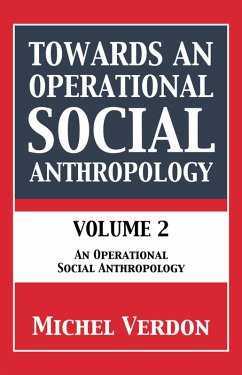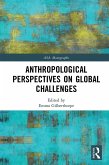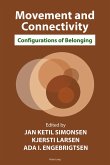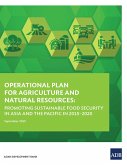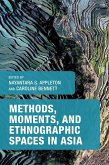In volume 1, Professor Verdon sought to identify what crippled social anthropology's original project, that of understanding sociocultural variability. He found its cause in a universal, Aristotelian cosmology that renders groups ontologically variable to their principles of social organization, by defining them in terms of behaviour regulation. In this second volume, he develops a cure to that cosmological malaise: to define groups outside all behaviour regulation, and to define a separate group for every type of activity (unifunctional groups). From these two new cosmological requirements he sets out to define all the main concepts of social anthropology in what he calls an 'operational' language (defined with respect to anthropology's aims, not as entities with intrinsic anthropological attributes): groups, corporations, descent, territoriality, lineages, segmentation, sovereignty and so on. He then applies this language to 'translate' classical ethnographies operationally. He first chose the most famous ethnographies of so-called segmentary lineage societies, the Nuer (Sudan), Tallensi (Ghana) and Tiv (Nigeria), and then added the Berbers from the Rif (Morocco), the Yao (Malawi) and Australian Aborigines. All those societies were described as having descent groups. Translated operationally, ONLY ONE of them retains descent groups (the Tallensi). This leads him radically to transform the ethnographic landscape of social anthropology. Where all ethnographers saw descent groups almost everywhere, he finds them to be rare occurrences, now replaced with clientelistic social formations. Overall, setting out to define a set of etic (objective) concepts, he discovers that this language actually yields much better emic approaches to social organization (an approach closer to the actors' subjective experience).
Dieser Download kann aus rechtlichen Gründen nur mit Rechnungsadresse in A, B, BG, CY, CZ, D, DK, EW, E, FIN, F, GR, H, IRL, I, LT, L, LR, M, NL, PL, P, R, S, SLO, SK ausgeliefert werden.

